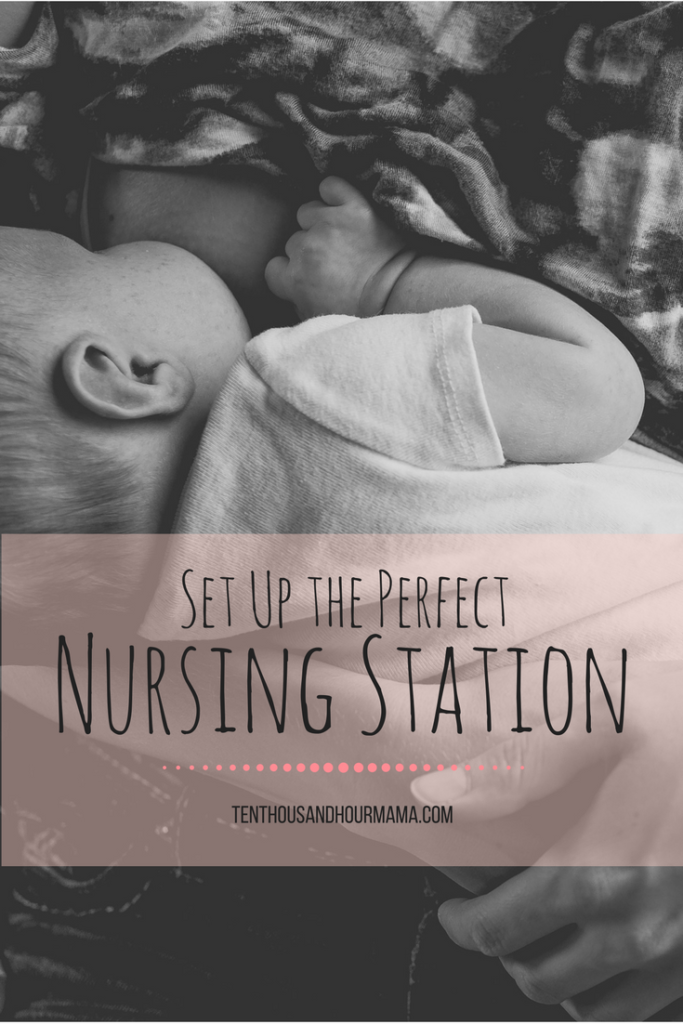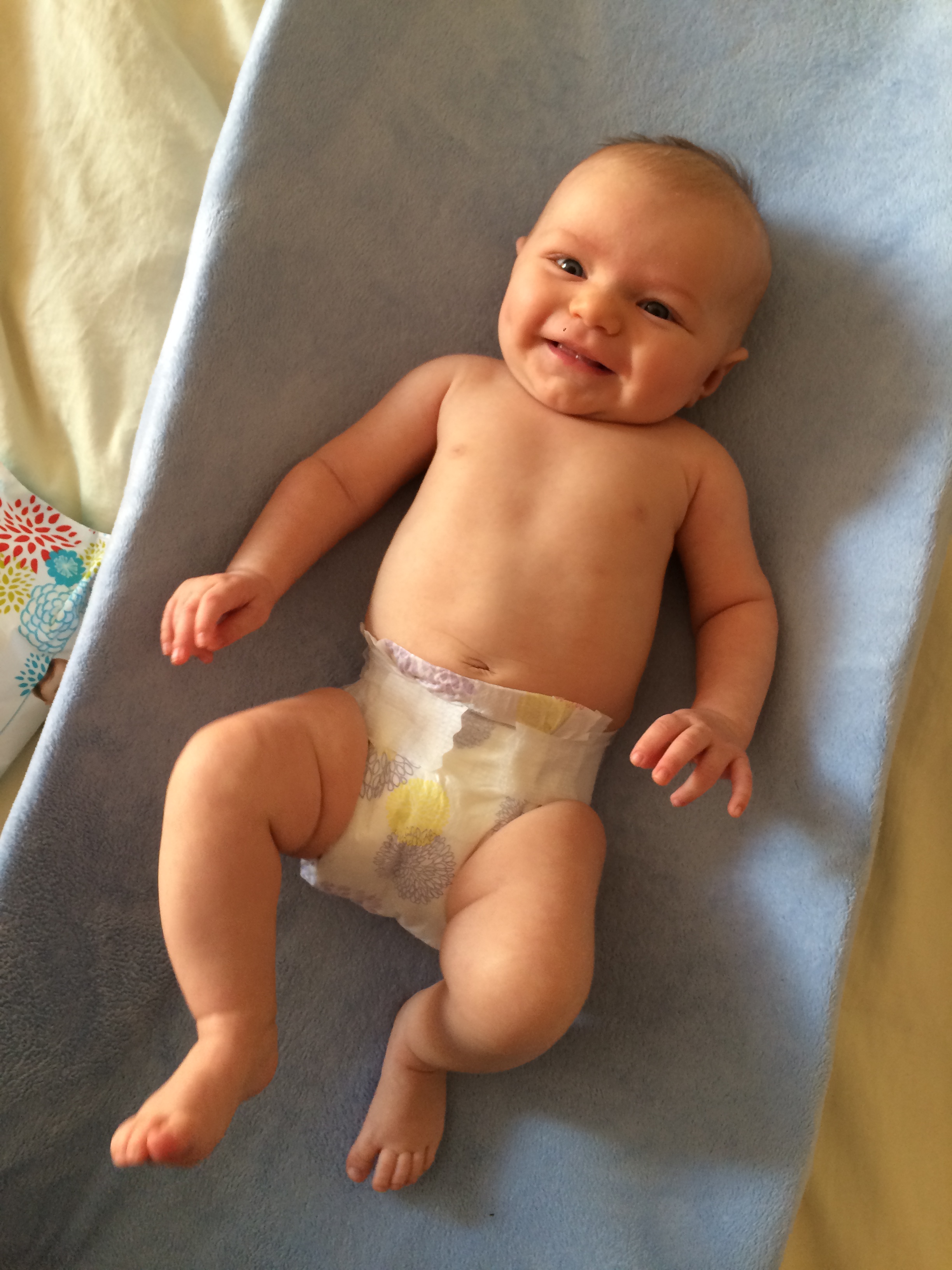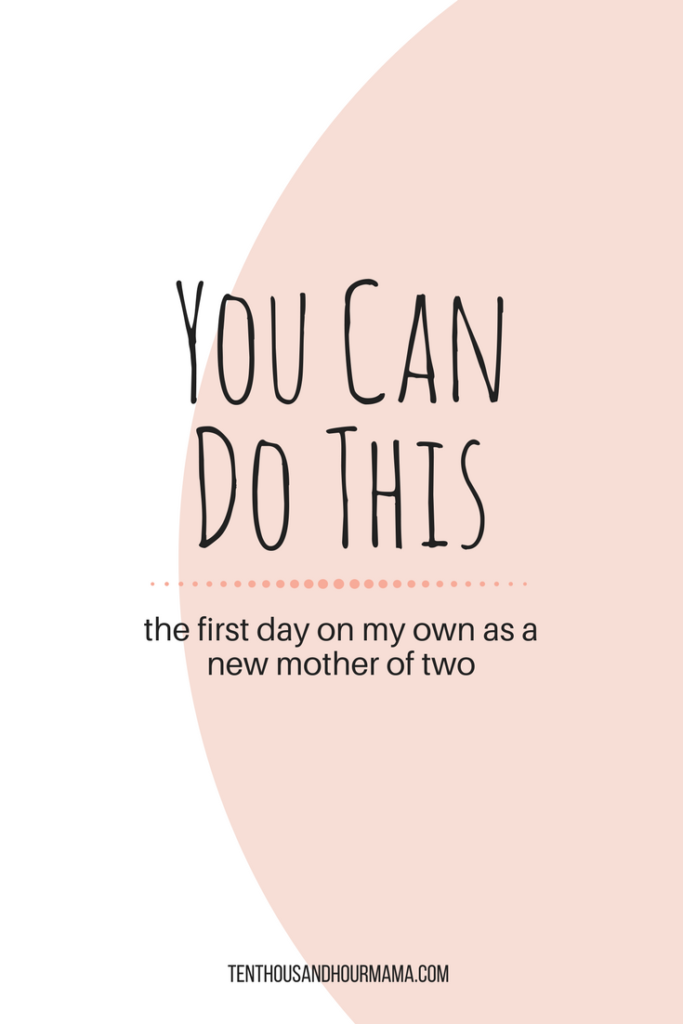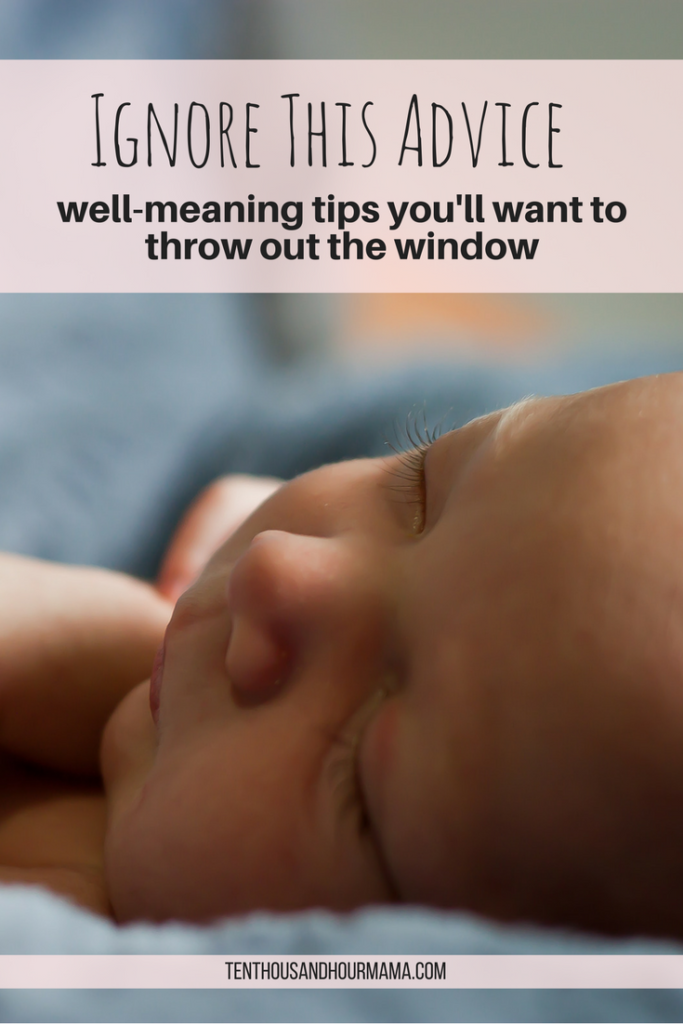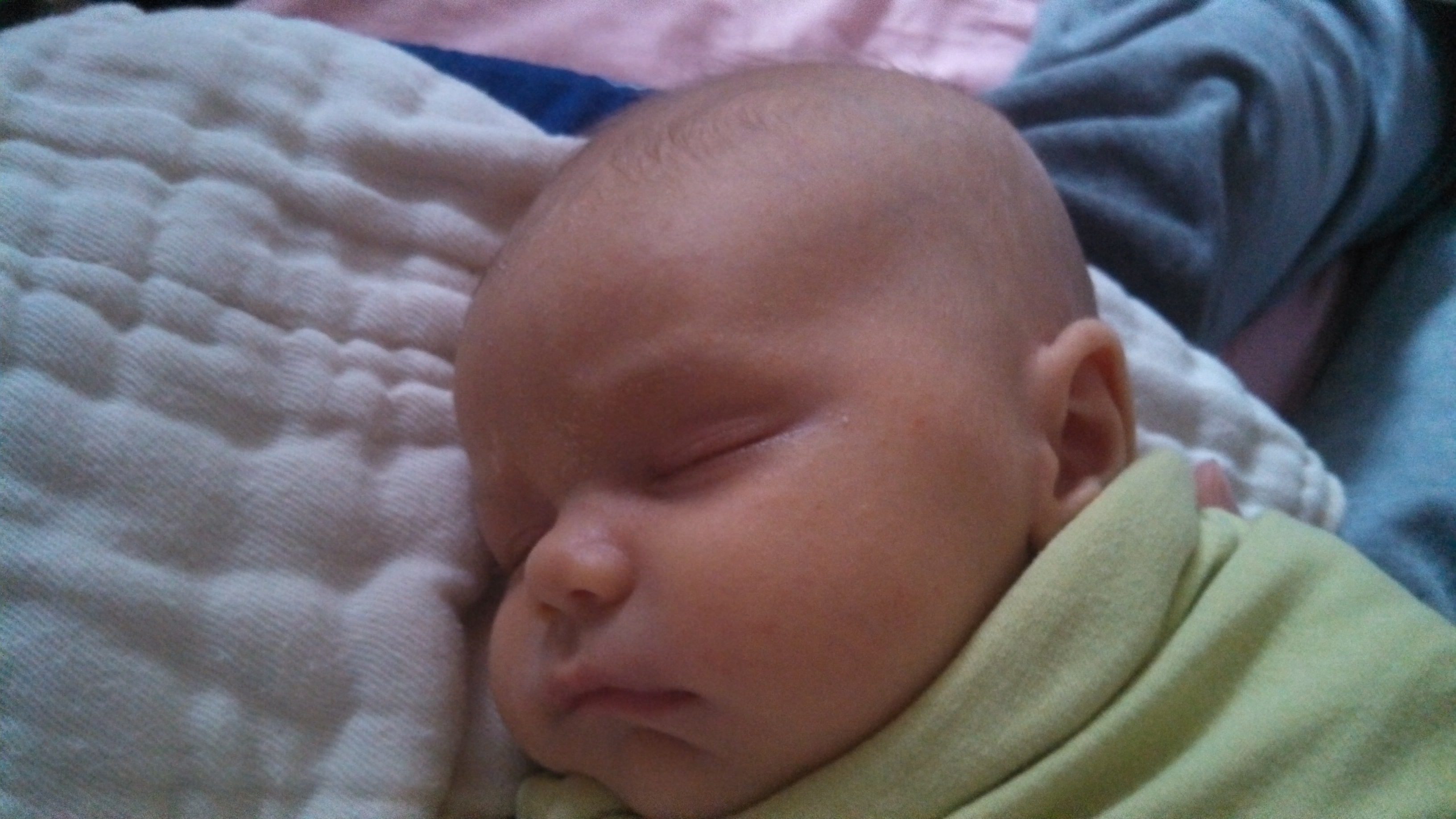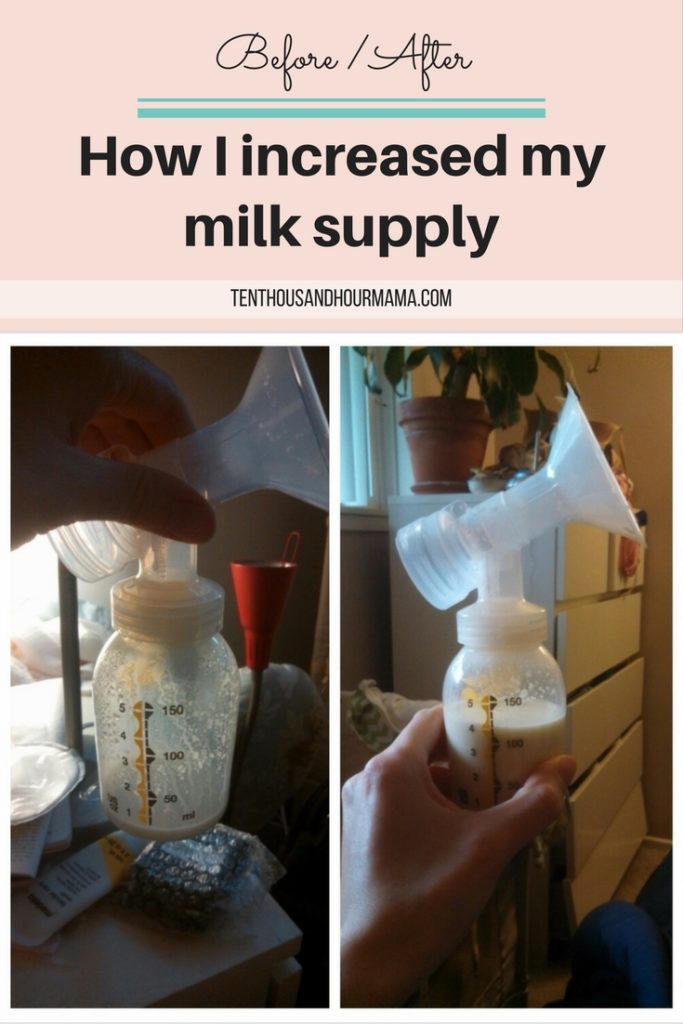When Kiwi was three weeks old, I packed a diaper bag, strapped her into her car seat and drove to a nearby new moms’ group. I felt shockingly good for being just a few weeks postpartum. I had put on mascara. My nursing tank was clean. I felt ready to meet new people, build a village in a relatively new community and offer the wisdom I’d already gained, having done this whole newborn thing once before.
In the coming weeks and months, though, that I can do this! attitude crumbled under the weight of sleep deprivation, Kiwi’s silent reflux and my own postpartum depression.
In those months, the new moms’ group became a lifeline.
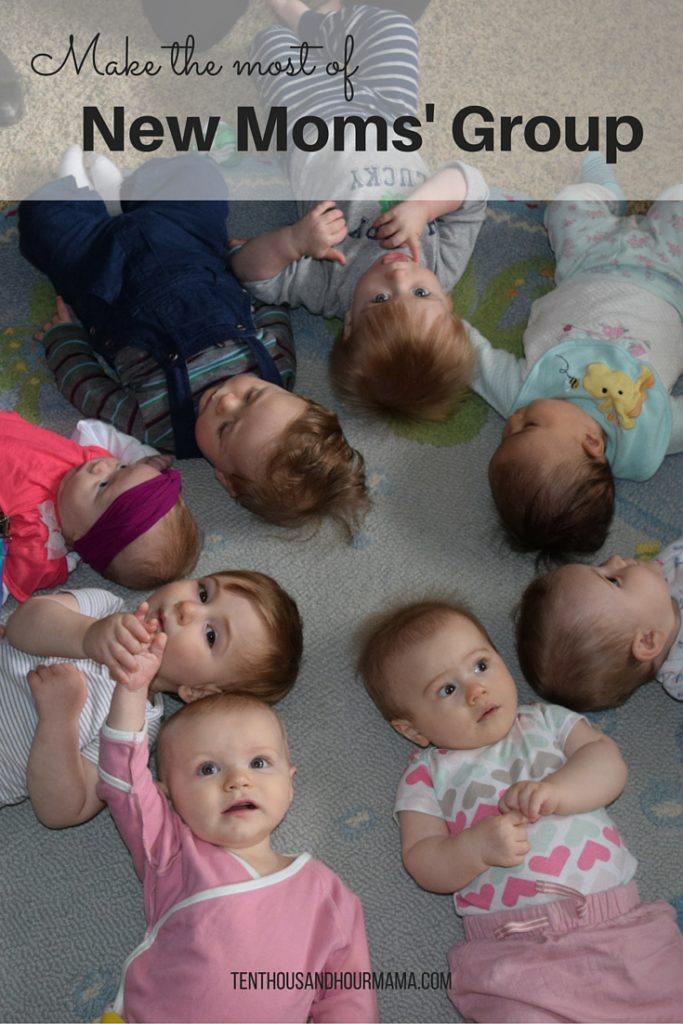
Why join a new moms’ group?
A friend of a friend who was expecting once scoffed at the idea of a new moms’ group. “Why would I ever pay to join a group where people would tell me what I already know?” she asked. I didn’t know her that well, so I kept my mouth shut.
But here, I’ll tell her what I have gained going to a new moms’ group, both with Kiwi and Peeper. I got:
- Unconditional support. My fellow mamas were there every week, and they listened to me no matter what.
- Ideas. I have a new question nearly every week, from how to transition a baby out of a swaddle to how to make sure your cruiser doesn’t faceplant in the tub. Brainstorming ideas with a room full of experts—aka moms—gives me more tips to try.
- A chance to help others. Especially now that Kiwi is older, we have been through much of what moms with younger babies are struggling with. I, then, can chime in with what worked for us.
- A reason to get out of the house. Having a newborn can feel like living under house arrest. It feels good to leave the house—and even better if you get to interact with people other than the checkout lady at Target.
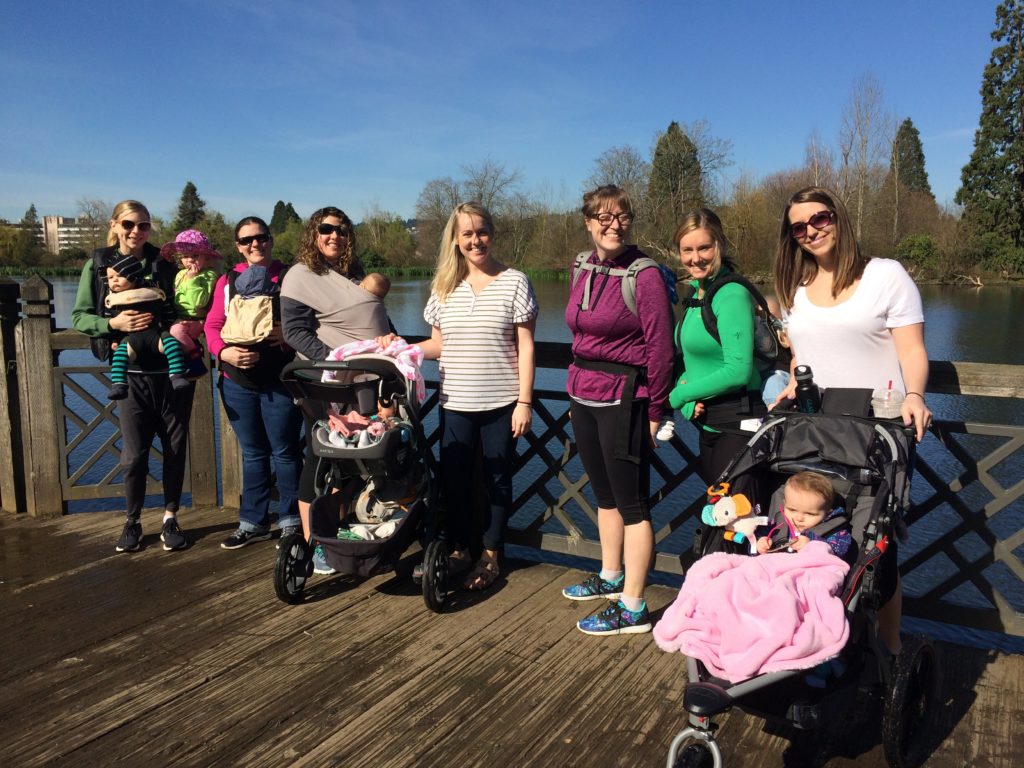
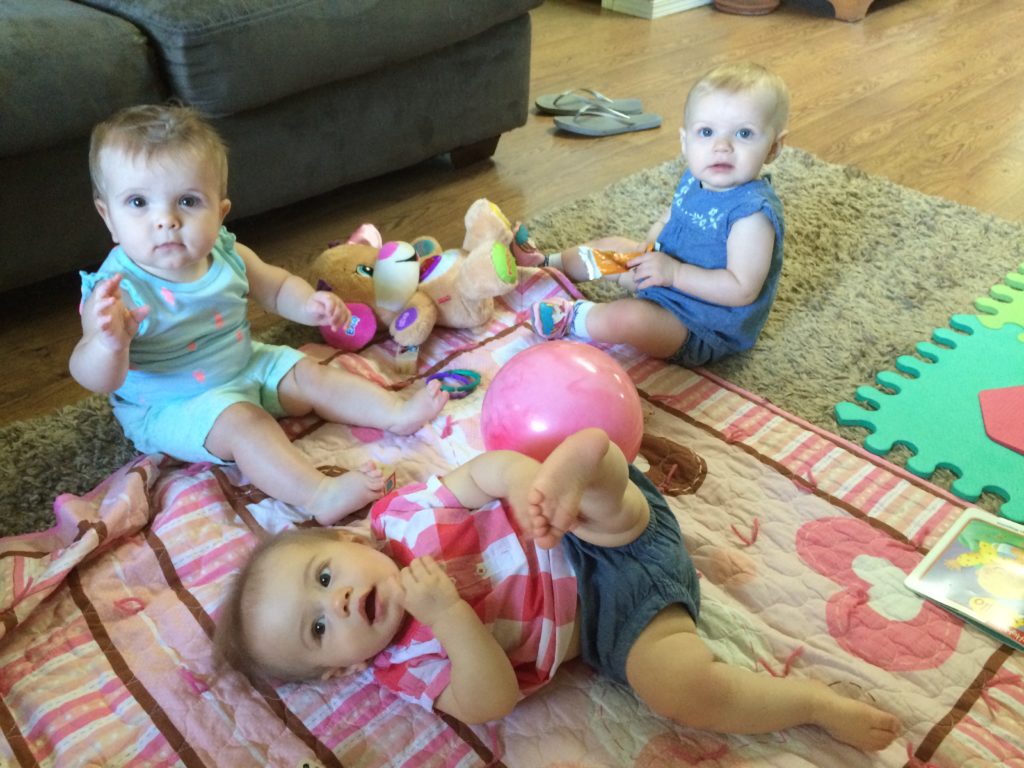
Win at new moms’ group
Not all new moms’ groups are the same, but I have been unspeakably fortunate to have found the communities within the moms’ groups for Peeper and Kiwi.
That said, it takes a little effort to make the most of a new moms’ group.

Based on my experience, I offer these suggestions to connect deeply and build your village.
- Be vulnerable. Motherhood is not easy. No one expects you to be that uber together mom. (Does she even exist? I don’t really think so.) And, as the wonderful facilitator who runs my new moms’ group says, “Being vulnerable is a gift. By opening up, you allow others to be vulnerable, too.”
- Start a Facebook group. Crises always seem to strike at 3am, and having a place to vent/ask questions/post a picture of your baby’s weird poop—at any hour of the day—helps you stay sane.
- Don’t leave without getting someone’s number. Exchange numbers with at least one person each time you go to new moms’ group. Then don’t be shy to text.
- Keep a standing date. Every week after new moms’ group, a handful of mamas and babies go to lunch together. There’s no strict commitment—we attend as our schedules (and kids!) allow—but we know the option of grabbing a bite or heading out for a picnic is always on the table.
- Plan play dates. Every so often, one mom hosts a play date. The get-together gives our kids a chance to play/poke each other’s eyes and gives us a chance to catch up.
- Introduce your families. In new moms’ group, we see our mom friends and their tiny babies. Most of us have a partner, and some of us have older kids, too—none of whom come to group. Meeting the whole family, like we did for a holiday party and a giant brunch potluck, strengthens our ties. Some of the dads are becoming friends, too!

I’m still friends with many of the women I met during the new moms’ group I attended when Peeper was born. It’s been a beautiful experience watching their babies grow from tiny peanuts into preschoolers.
I feel so fortunate to have built this community—this village—of moms. But don’t take my word for it. If you have a new baby, test out a new moms’ group for yourself. It’s in your power to create a nurturing, supportive, loving and fun community to raise your baby—and yourself as a new mama.
Did you find a supportive community when you were a new parent?
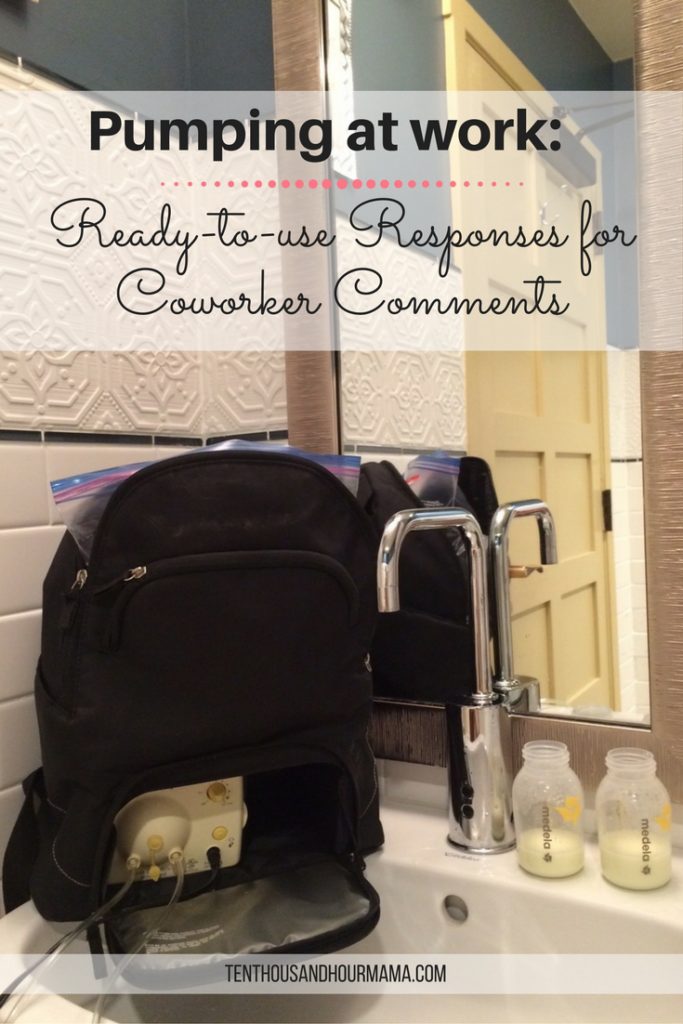






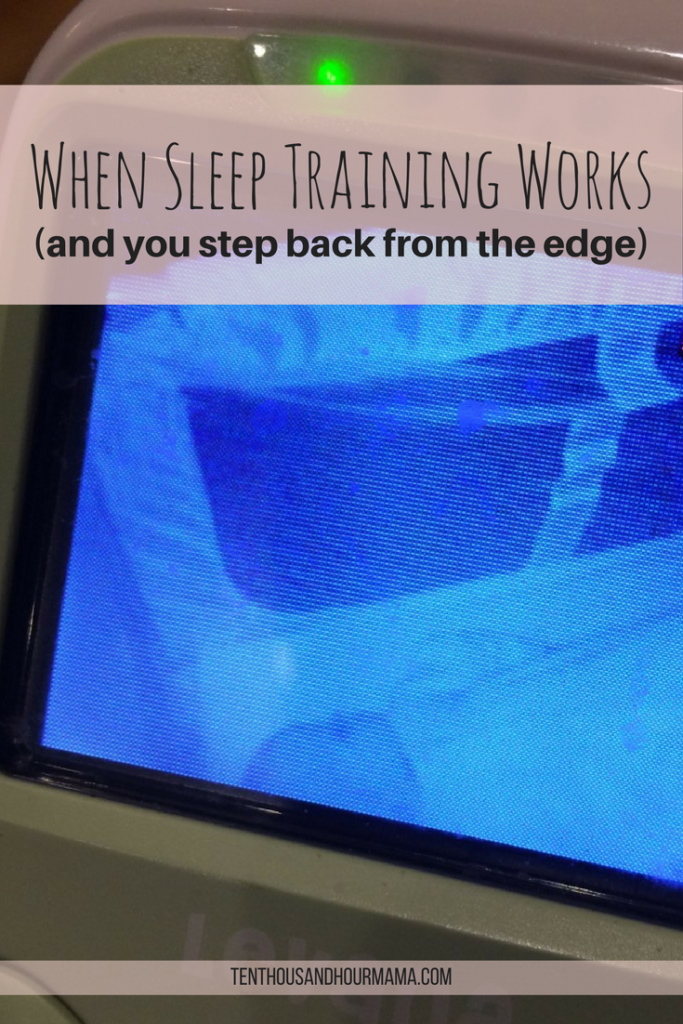
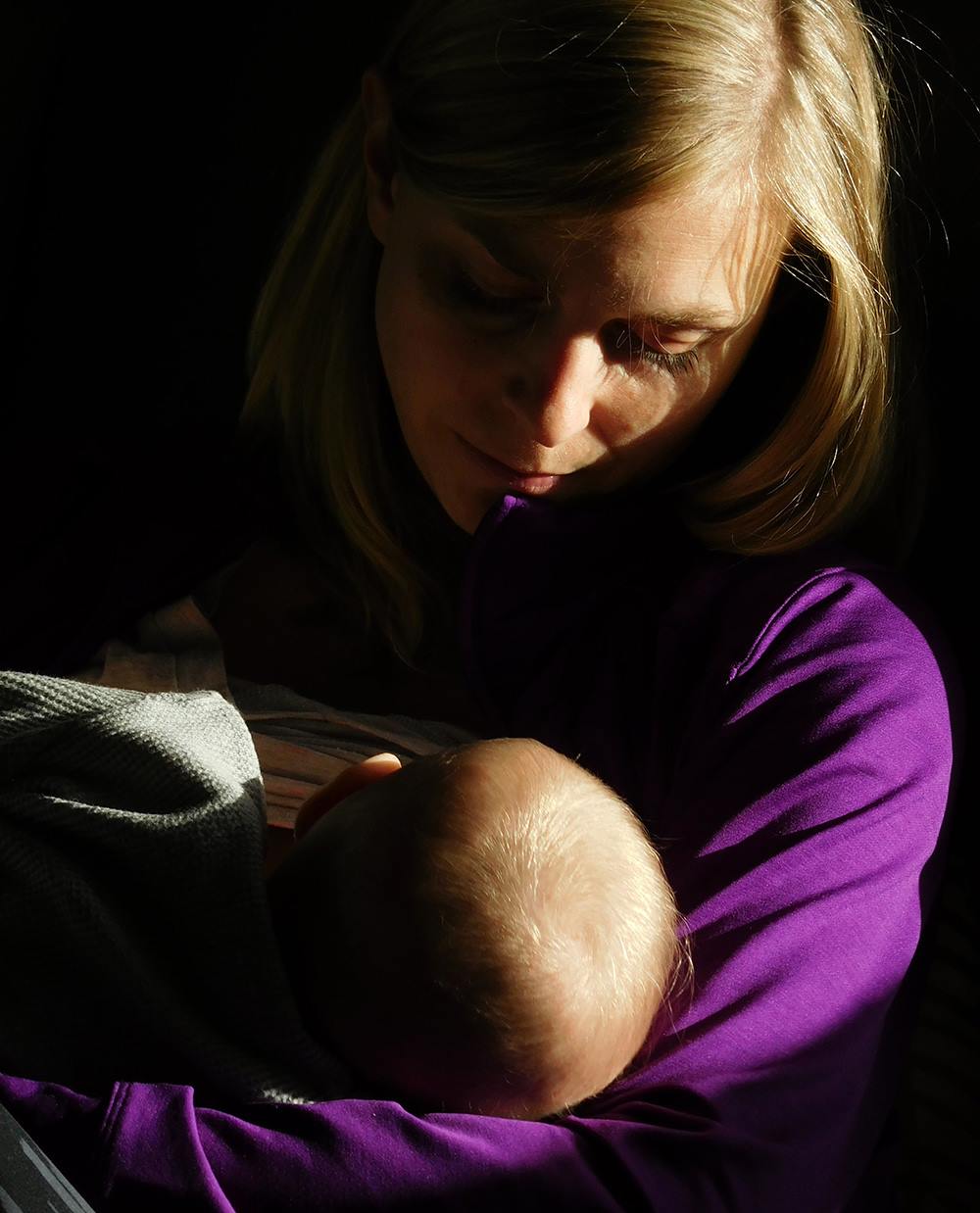 Kiwi is powered by breastmilk.
Kiwi is powered by breastmilk.